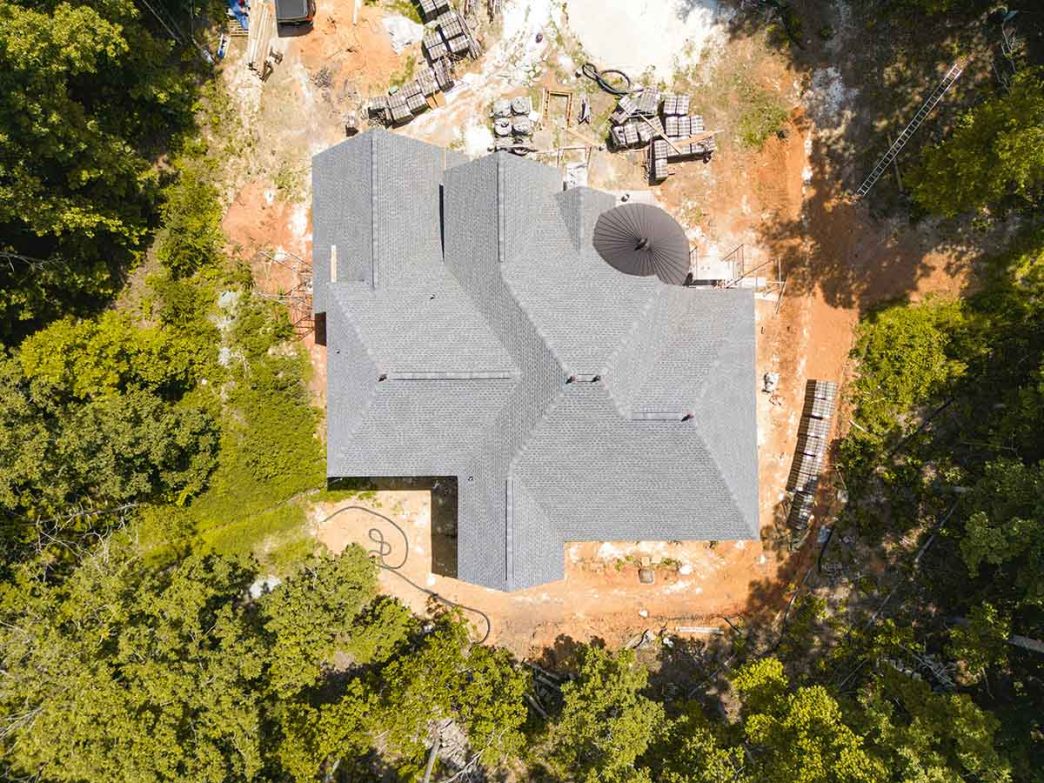Charlotte, North Carolina, emerges as a vibrant hub for first-time homebuyers, combining Southern charm with a bustling real estate market. The allure of its dynamic culture, reasonable living costs, and thriving economy makes it an attractive destination for those embarking on their journey towards homeownership. Let us delve into the essential steps and considerations for first-time homebuyers navigating the Charlotte market.
1. Understanding the Charlotte Real Estate Market
1.1 Market Dynamics
Charlotte’s real estate scene is defined by its robust activity and rising property values. The median home price as of July 2024 stands at $420,000, reflecting a 4.2% increase from the previous year. This steady climb underscores the importance of market awareness for buyers who aim to make informed investment decisions.
The city’s economic vigor contributes significantly to its real estate appeal. With an unemployment rate of approximately 3.5% in early 2023, Charlotte showcases economic resilience. Major employers, including financial giants, have established their bases here, creating a fertile ground for job opportunities and, consequently, housing demand.
1.2 Predictive Trends
While the market growth has slightly decelerated, Charlotte remains a promising location for potential buyers. Although price increases are moderate compared to previous years, the sustained job growth fuels housing demand. Observing these patterns can provide first-time buyers with a strategic advantage, allowing them to align their plans with these economic indicators.
2. Financial Preparedness
2.1 Financial Health Evaluation
Embarking on homeownership necessitates a clear understanding of one’s financial health. It begins with an introspective examination of household income, savings, and debt. Maintaining a strong credit score is pivotal as it affects mortgage terms and interest rates. A healthy credit history not only enhances borrowing power but also bolsters affordability.
2.2 Budgeting Essentials
Accurate budgeting extends beyond the home’s purchase price, demanding attention to associated expenses including down payments, closing costs, and regular payments like insurance and property taxes. Closing costs alone can represent 2% to 5% of the home’s price, necessitating comprehensive financial planning. Establishing a budget that accounts for all potential expenses helps prevent financial strain post-purchase.
3. Mortgage Options
3.1 Conventional Loan Insights
Conventional loans remain a favored choice for first-time buyers, often featuring down payment requirements as low as 3%, contingent upon creditworthiness. The advantage of conventional loans lies in their potentially lower closing costs, though Private Mortgage Insurance (PMI) is mandatory if the down payment is less than 20%. For buyers with solid credit, these loans offer flexible terms and competitive rates, making them an ideal choice for those with stable incomes.
3.2 Exploring Government-Backed Loans
For those unable to secure conventional loans, government-backed options such as FHA, VA, and USDA loans present viable alternatives.
• FHA loans: Accessible with lower credit scores and modest down payments.
• VA loans: Offer exclusive benefits to eligible veterans, including no down payment or PMI requirements.
• USDA loans: Cater to rural buyers, offering no down payment for those who meet specific income criteria.
Each serves different needs, allowing buyers to select the most suitable option for their circumstances.
4. Neighborhood Selection
4.1 Assessing Neighborhood Appeal
Charlotte is a tapestry of diverse neighborhoods, each with distinct characteristics and living conditions. Plaza Midwood, for instance, is renowned for its historic charm and vibrant community, while Dilworth offers expansive parks and quintessential bungalows. Choosing the right locale revolves around personal preferences, lifestyle, and long-term investment potential.
4.2 Evaluation Criteria
Key considerations in selecting a neighborhood should include proximity to work and essential services, recreational facilities, public transportation availability, and educational institutions. Prospective buyers should weigh these factors alongside their personal lifestyle needs, ensuring the chosen neighborhood aligns with both current and future aspirations.
5. Home Search Strategy
5.1 Establishing Priorities
The home search adventure begins with clearly defined priorities. Distinguishing between non-negotiable features and those that are optional can significantly streamline the process. Whether it’s a spacious yard or proximity to bustling urban centers, identifying these elements will focus efforts on viable properties.
5.2 Anticipating Future Needs
Thoughtful consideration of future life transitions, such as an expanding family or job changes, is essential when viewing potential homes. This foresight can prevent regret regarding a property’s suitability over time, ensuring it meets evolving needs.
6. Assistance Programs
6.1 NC Home Advantage Mortgage
The NC Home Advantage Mortgage program is instrumental for those requiring down payment assistance. It offers affordable fixed-rate loans with support covering up to 3% of the loan amount, aiding first-time buyers in managing upfront costs. This makes entry into the housing market more feasible, bridging financial gaps that might otherwise hinder homeownership.
6.2 House Charlotte Program
Additionally, the House Charlotte program provides forgivable loans to assist with down payments, specifically targeting buyers within designated areas. By alleviating some initial financial burdens, these programs make homeownership accessible to a wider audience, encouraging investment in developing neighborhoods.
7. Closing the Deal
7.1 Final Preparations
The closing process is a critical juncture in home buying, encompassing legal and financial aspects that require meticulous attention. Ensuring all contractual obligations are met and inspections conducted guarantees a smooth transition and protects against unforeseen complications. Prospective homeowners should prepare for this process well in advance, fostering confidence and clarity as they move towards ownership.
7.2 Navigating Costs
Understanding and negotiating closing costs is vital. Buyers should engage with their lender to obtain a comprehensive breakdown of these expenses, confirming that terms are consistent with prior agreements. This transparency mitigates financial surprises, allowing for seamless closure and full focus on enjoying new homeownership.
8. Engaging Real Estate Experts
8.1 Selecting an Agent
Partnering with a knowledgeable real estate agent is invaluable, especially for first-timers unfamiliar with the local market dynamics. An agent offers insights into the intricacies of Charlotte’s neighborhoods and helps buyers navigate paperwork and negotiations. Leveraging their expertise ensures the process remains as stress-free as possible.
8.2 Managing Offers
Guidance through the offer and negotiation phase is where a real estate agent proves indispensable. Crafting strategically competitive offers and navigating seller negotiations requires finesse and experience. Their advocacy for the buyer’s best interests is crucial in achieving optimal purchase terms.
Overall, entering the Charlotte real estate market as a first-time buyer is a multifaceted process that demands careful planning and informed decision-making. By understanding financial, market, and personal considerations and utilizing available support programs, first-time buyers can confidently engage with this exciting adventure, securing a home that aligns with their lifestyle and aspirations.













